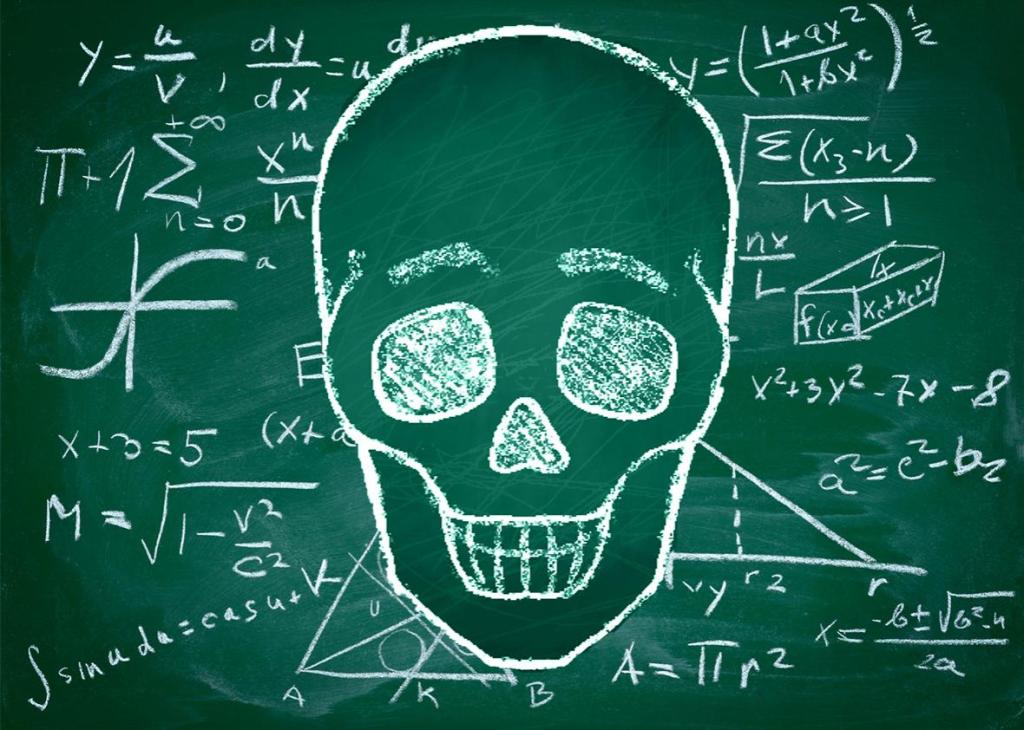
While the loony far left dominates colleges, the rigid, absolute mathematics field would seem like an area that would provide a, how shall we say, safe space, from all this.
Alas, that is no longer the case, with the advent of, “A Pathway to Equitable Math Instruction: Dismantling Racism in Mathematics.”
This pompous pamphlet thunderously asserts that the following are racist acts: Expecting students to meet benchmarks; Teaching math in a linear fashion; Focusing on how to get the right answer; Showing one’s work; And raising your hand to be recognized.
While ostensibly meant to somehow bolster Black children, the tract instead belittles them by assuming they should never be expected to gain mathematics proficiency. As Columbia University Linguistics and Music History Professor John McWhorter wrote, “It claims to be about teaching math while founded on shielding students from the requirement to actually do it. This is not pedagogy; it is preaching.”
Mathematics rests on explicitly-formulated definitions and facts. Were this not the case, bridges would collapse, planes would never go airborne, and monetary transactions would be a gibberish nightmares. It would be literally fatal if engineers and mechanics were to adopt such notions as new geometry, woke algebra, or calculus of color.
Math is the same everywhere. There is no German Geometry, Algerian Algebra, or French Fractions. There is no “White Way” of getting the answer and, in fact, the field serves as one of the world’s great equalizers. In math class, there are no essays where one can con their way to an answer without ever saying anything constructive. The answers, and how they are arrived at, are uniform worldwide. But this supposed math handbook, McWhorter notes, “says very little about how to actually teach kids of any ethnicity math. In fact it is detrimental to teaching math by urging the elimination of practices, like having students show their work.”
For while showing work is painted as an instance of White supremacy, the process is essential to correcting errors, it shows students understand the process, and it ensures the answer was not purloined from the kid one desk over.
As to arriving at the correct answer, this entirely reasonable and logical goal is considered a weapon in the White supremacist toolkit. This offensive, paternalistic absurdity assumes that most Black children are incapable of conquering the discipline.
Like McWhorter, Princeton mathematics professor Sergiu Klainerman is pained by this development: “I have witnessed the decline of universities and cultural institutions as they have embraced political ideology at the expense of rigorous scholarship. I had naively thought that the STEM disciplines would be spared from this ideological takeover.”
This now-seemingly complete takeover represents a soft totalitarianism where dissenters are not extra-judicially executed or exiled to Siberia, but are fired, doxed, picketed at home, and have a pound of their flesh extracted by the virtual mob.
Nothing in historical or contemporary mathematics suggests that it should be done in a different way based on geography or that it is race-dependent. To the contrary, math enjoys a long and rich history across the cultures, with major developments and contributions from Egyptians, Babylonians, Greeks, Chinese, Indians, and Arabs. Schools throughout the world teach the same principles and math serves as a universal language.
During international sports competitions, players on both sides may speak nary a word of their opponent’s language, but they are bonded by common rules they all follow. Similarly, race is no barrier to mathematics and this equality makes it the antithesis of supremacism.

Reblogged this on silverapplequeen and commented:
I couldn’t agree more.
Going out on a limb to say that this was written by a Caucasian male. Implicit bias is real. I agree that the language used in the tool “A Pathway to Equitable Math Instruction: Dismantling Racism in Mathematics” may be off-putting to many, but it doesn’t negate to underlying point.
Math is UNQUESTIONABLY taught differently in different cultures. Some cultures with highly advanced mathematics didn’t even use base 10 numeral systems (the most well-known being the Mayans, who used base 20). Music uses a base 4 system, and long before computer science was developed there were civilizations that used binary numeral systems).
We actually kind of suck at teaching math in the U.S. so perhaps we should be looking for advice anywhere we can find it.
Curious — do you ever cite your sources?
Nice article about Math Education in the US: https://www.scientificamerican.com/article/why-math-education-in-the-u-s-doesn-t-add-up/